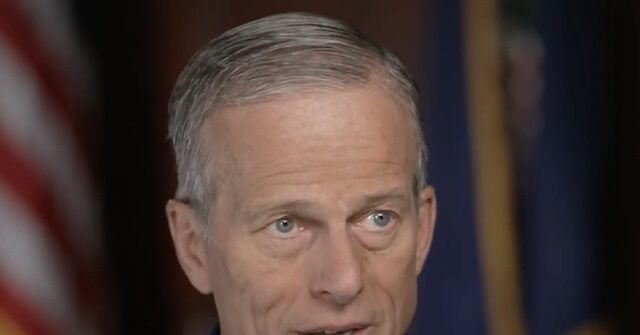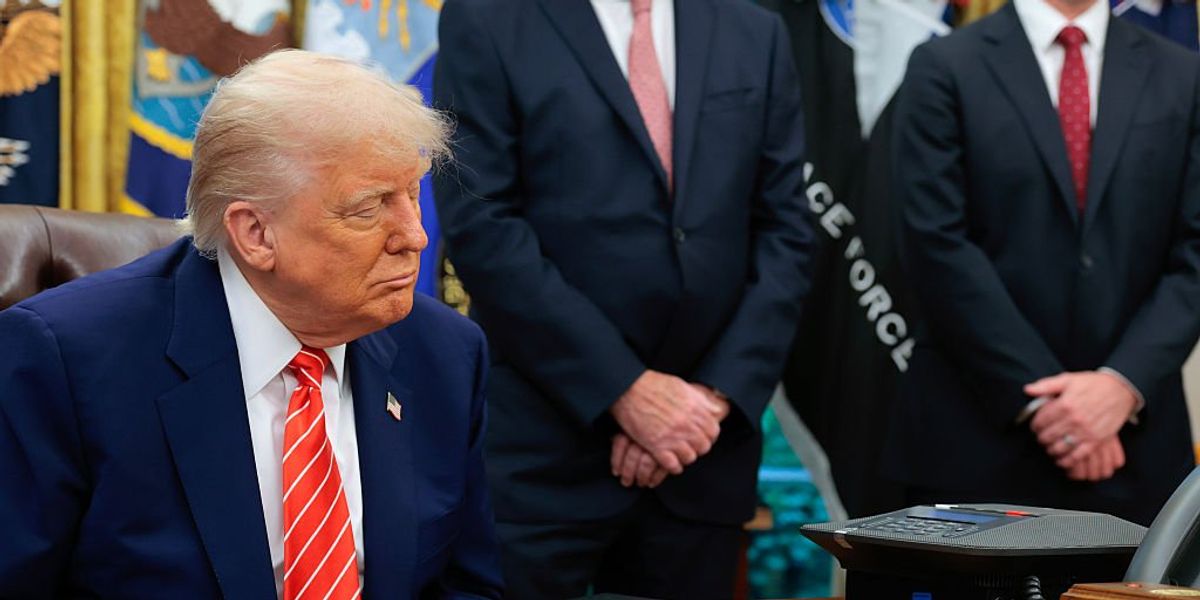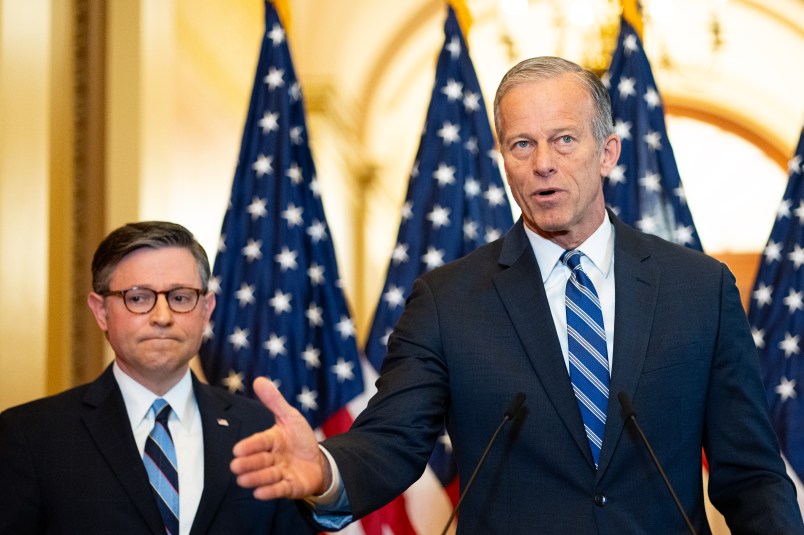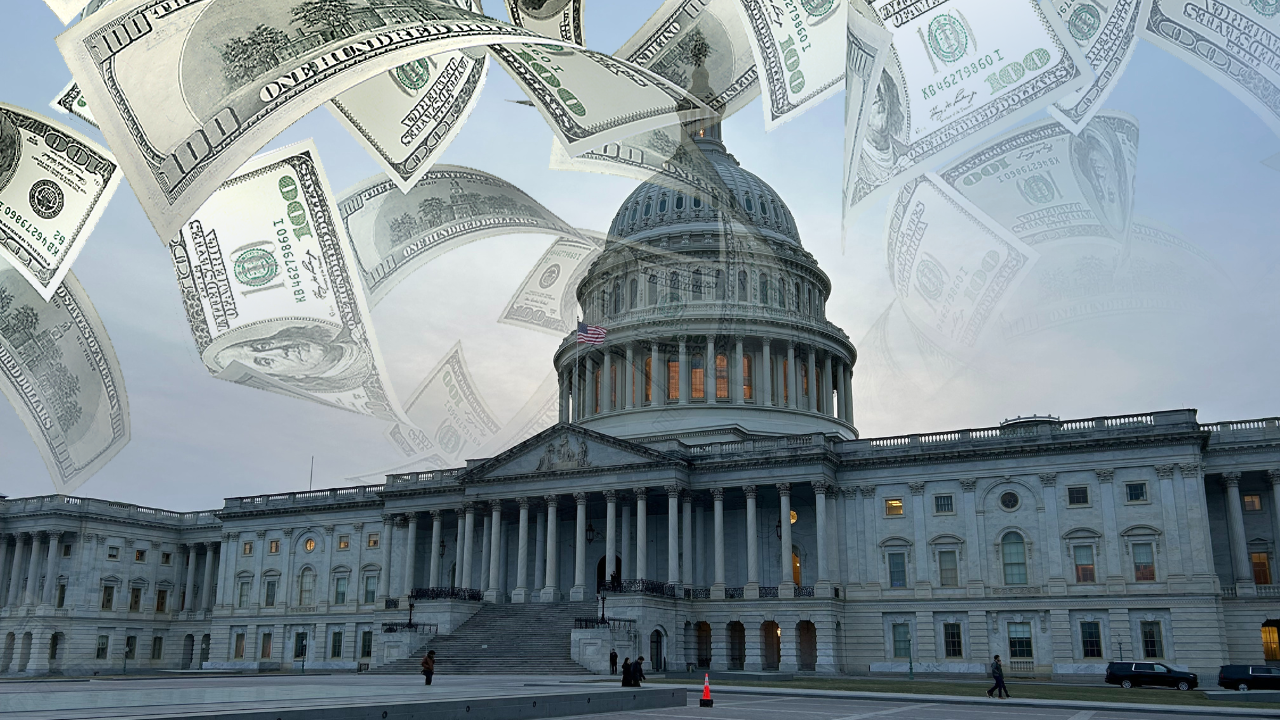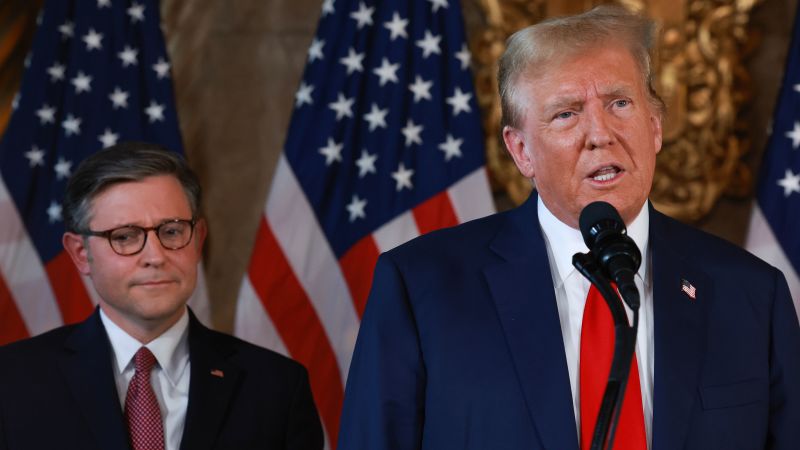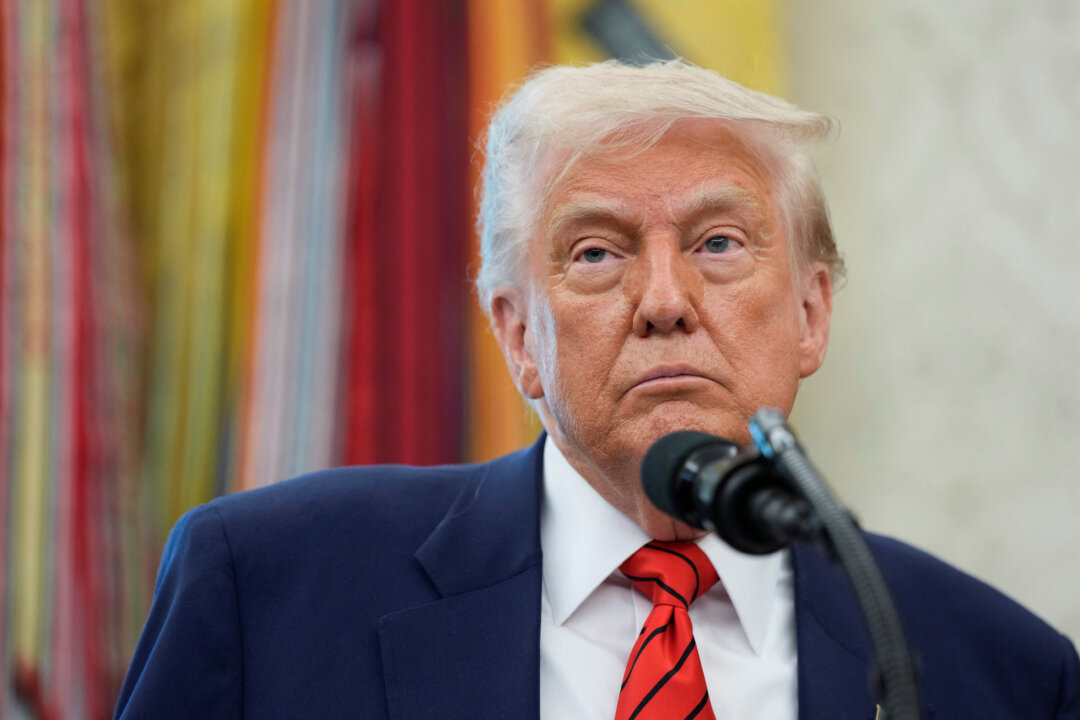Trump's Tax Reform Plan Faces GOP Opposition
GOP leaders express reluctance to raise taxes on the wealthy, as Trump navigates fluctuating stances on his reform bill.
Overview
President Trump continues to exhibit ambivalence regarding tax increases for wealthy Americans in his reform bill. While he previously supported increasing taxes for earners over $2.5 million, he has since expressed concerns about potential backlash, referencing George H.W. Bush's 'Read my lips' pledge. Recently, Senate Majority Leader John Thune stated he opposes any tax hikes, emphasizing the GOP's mission is to lower taxes. On Truth Social, Trump acknowledged his acceptance of a small tax increase for the rich but warned about the political consequences. The GOP is working to unite on Trump's proposed tax reform ahead of Memorial Day.
Report issue

Read both sides in 5 minutes each day
Analysis
Analysis unavailable for this viewpoint.
Articles (16)
Center (3)
FAQ
President Trump's tax reform plan includes extending the 2017 Tax Cuts and Jobs Act (TCJA), maintaining a 21% corporate tax rate, and potential tax exemptions for tip income and overtime pay. Additionally, there have been considerations for taxing wealthy Americans, though this aspect is currently ambiguous[1][2][5].
GOP leaders are reluctant because they prioritize lowering taxes, and increasing taxes on the wealthy could be politically unpopular, as seen in historical precedents like George H.W. Bush's 'Read my lips' pledge[1][5].
If the TCJA provisions are not extended, the average taxpayer would see a significant tax increase, with an average family of four facing a $1,700 tax hike, and the Child Tax Credit would revert to pre-TCJA levels[3][2].
History
- 7M

 3 articles
3 articles
- 7M

 6 articles
6 articles
